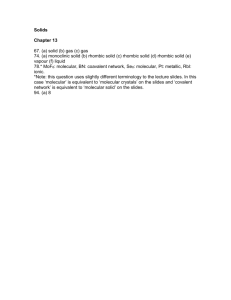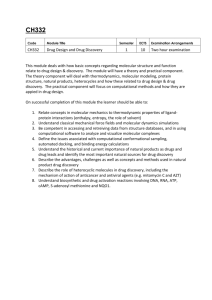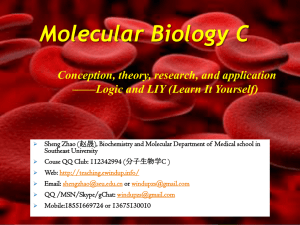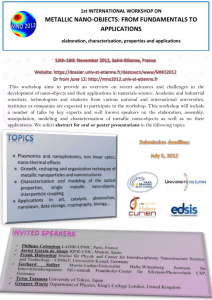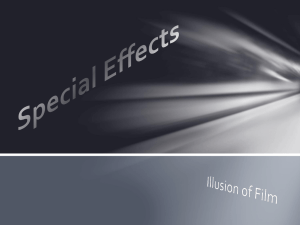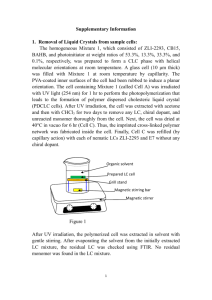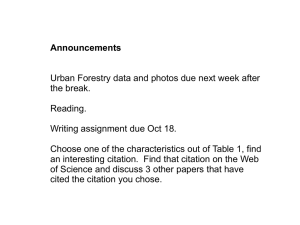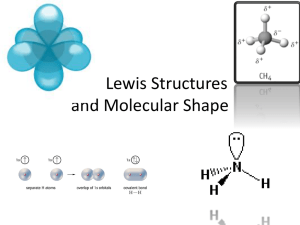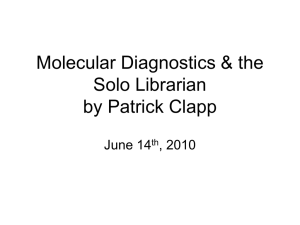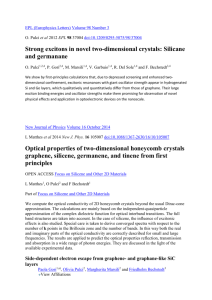Bio-inspired approaches towards molecular super
advertisement
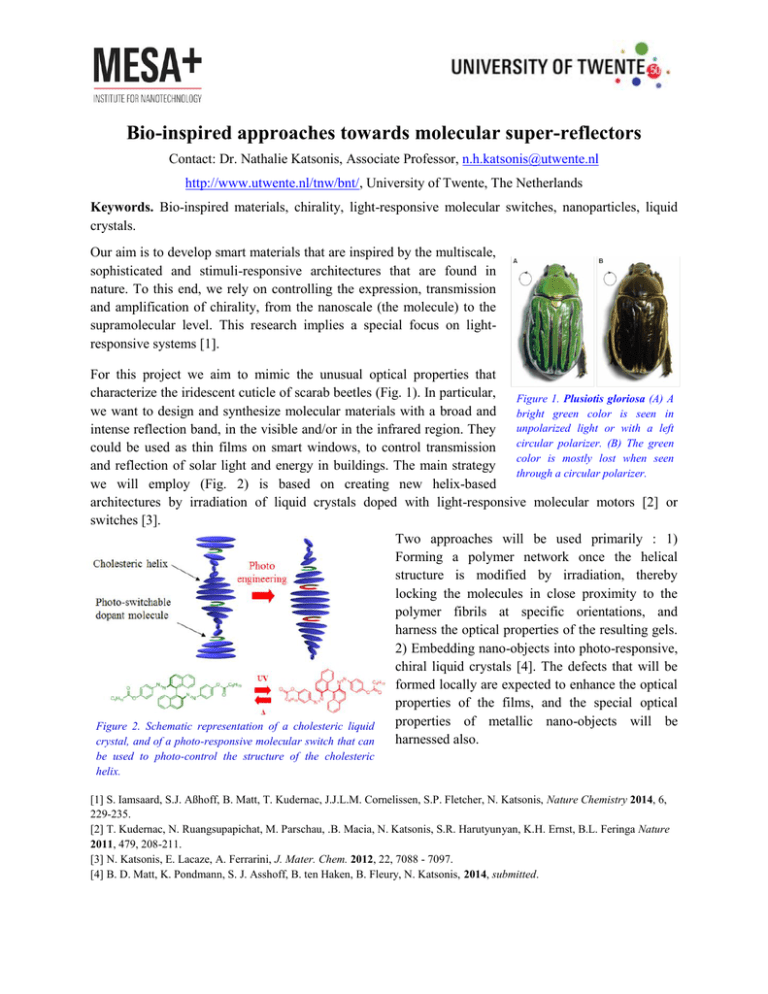
Bio-inspired approaches towards molecular super-reflectors Contact: Dr. Nathalie Katsonis, Associate Professor, n.h.katsonis@utwente.nl http://www.utwente.nl/tnw/bnt/, University of Twente, The Netherlands Keywords. Bio-inspired materials, chirality, light-responsive molecular switches, nanoparticles, liquid crystals. Our aim is to develop smart materials that are inspired by the multiscale, sophisticated and stimuli-responsive architectures that are found in nature. To this end, we rely on controlling the expression, transmission and amplification of chirality, from the nanoscale (the molecule) to the supramolecular level. This research implies a special focus on lightresponsive systems [1]. For this project we aim to mimic the unusual optical properties that characterize the iridescent cuticle of scarab beetles (Fig. 1). In particular, Figure 1. Plusiotis gloriosa (A) A we want to design and synthesize molecular materials with a broad and bright green color is seen in intense reflection band, in the visible and/or in the infrared region. They unpolarized light or with a left could be used as thin films on smart windows, to control transmission circular polarizer. (B) The green color is mostly lost when seen and reflection of solar light and energy in buildings. The main strategy through a circular polarizer. we will employ (Fig. 2) is based on creating new helix-based architectures by irradiation of liquid crystals doped with light-responsive molecular motors [2] or switches [3]. Two approaches will be used primarily : 1) Forming a polymer network once the helical structure is modified by irradiation, thereby locking the molecules in close proximity to the polymer fibrils at specific orientations, and harness the optical properties of the resulting gels. 2) Embedding nano-objects into photo-responsive, chiral liquid crystals [4]. The defects that will be formed locally are expected to enhance the optical properties of the films, and the special optical properties of metallic nano-objects will be Figure 2. Schematic representation of a cholesteric liquid harnessed also. crystal, and of a photo-responsive molecular switch that can be used to photo-control the structure of the cholesteric helix. [1] S. Iamsaard, S.J. Aßhoff, B. Matt, T. Kudernac, J.J.L.M. Cornelissen, S.P. Fletcher, N. Katsonis, Nature Chemistry 2014, 6, 229-235. [2] T. Kudernac, N. Ruangsupapichat, M. Parschau, .B. Macia, N. Katsonis, S.R. Harutyunyan, K.H. Ernst, B.L. Feringa Nature 2011, 479, 208-211. [3] N. Katsonis, E. Lacaze, A. Ferrarini, J. Mater. Chem. 2012, 22, 7088 - 7097. [4] B. D. Matt, K. Pondmann, S. J. Asshoff, B. ten Haken, B. Fleury, N. Katsonis, 2014, submitted.
